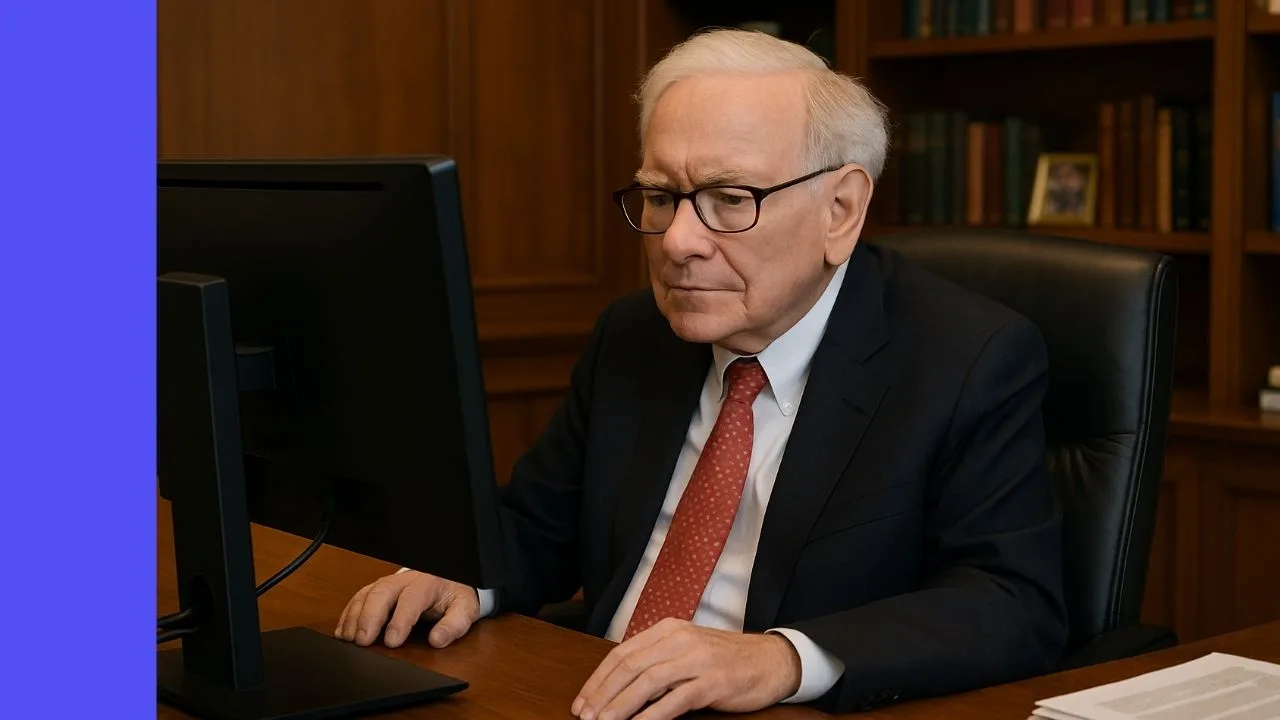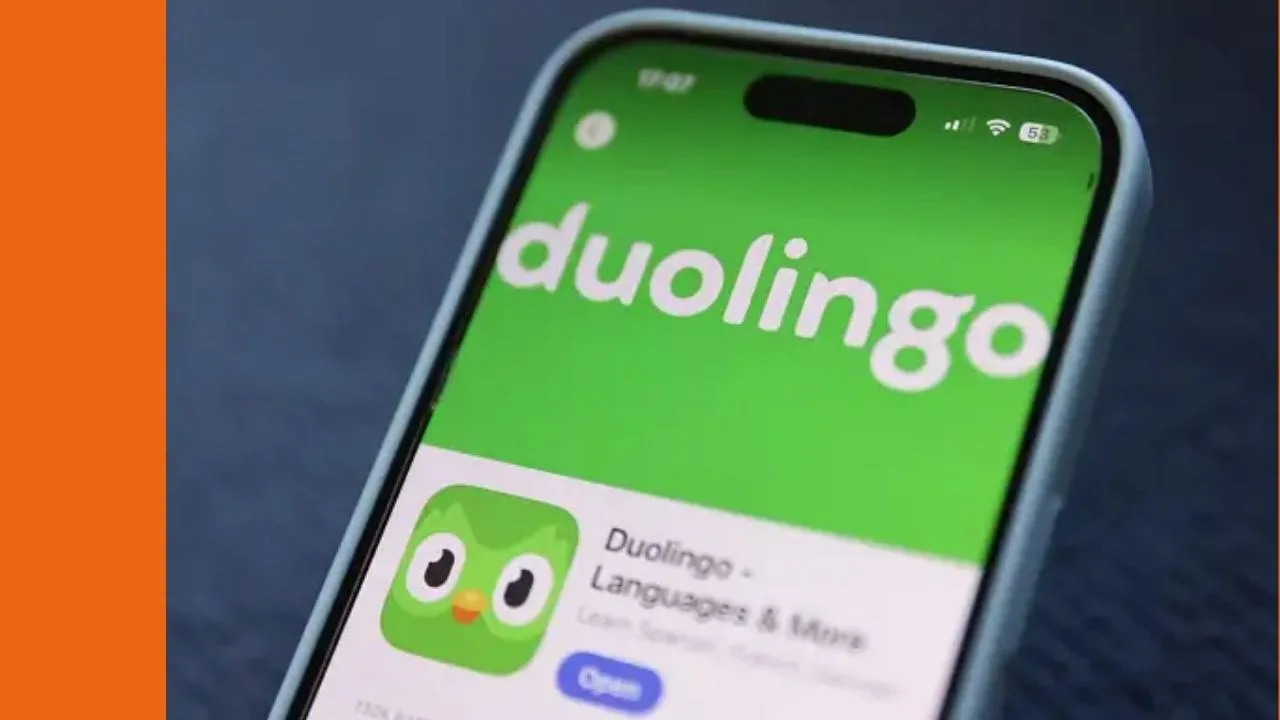If you’ve been considering a long-term ASX exchange-traded fund (ETF) strategy, these three ETFs could be good options for growth and dividends in 2020 and for many years to come.
About ETFs
ETFs are investment funds that are listed on a securities exchange. They can be ‘managed funds’ or ‘index funds’, or in other words, active or passive.
Typically, ETFs give an investor exposure to many different shares or assets with a single purchase, offering one of the quickest and easiest methods of achieving diversification. The Best ETFs website has a list of Australian ETFs.
ASX 200 ETF – A200
The first of the three ETFs is a simple index-tracking ETF you may have heard of – the BetaShares Australia 200 ETF (ASX: A200).
This ETF could be a great option if you’re looking to get started with investing or if you want to quickly build a diversified core portfolio. As the name suggests, A200 aims to track the performance of the Solactive Australia 200 Index, the largest 200 companies in Australia.
A200 is the cheapest ASX 200 ETF available, with management fees of just 0.07%. On top of that, the 12-month distribution yield to 30th June 2019 was 2.6%.
Over the last five years, the index has returned 8.9% per year, although you should read this article about the risks
before investing.
S&P 500 ETF – IVV
Once you have exposure to Australian shares, you might want to look overseas for your next investment. The Australian share market only makes up 2% of all the listed companies in the world and it is heavily dominated by banks and miners.
For diversification and access to the fast-growing US giants, I would consider an ETF like the iShares S&P 500 ETF (ASX: IVV).
With management costs of 0.04% per year, this is not quite the cheapest US share market ETF. For example, the Vanguard US Total Market Shares Index ETF (ASX: VTS) has management costs of 0.03%.
The reason I prefer IVV is that it is domiciled in Australia, meaning there is no need to complete a US tax form at the end of the financial year.
Over the last 10 years, IVV has returned 16.21% per year to patient investors, although keep in mind that is the performance during a bull market.
With heavy weightings in sectors such as information technology and healthcare, I see this ETF as a good balance to A200 and a way to boost growth in your portfolio.
Specialty ETF – MOAT
The VanEck Vectors Morningstar Wide Moat ETF (ASX: MOAT) is an ETF that could be considered a “tactical” option. In other words, an ETF that receives only a small allocation but is designed to boost the growth in your portfolio.
The MOAT ETF appeals to me because I’d like to consider myself a value investor. This ETF invests in a portfolio of 40-plus companies that must have a “wide moat” – or in other words, a sustainable competitive advantage” – and be trading below their fair value.
This is very similar to a value investing approach and has generated a return of 17.86% per year over the last five years. Management costs are also low for an active ETF, at 0.49% per year.
One thing to keep in mind is that MOAT invests in US equities, so you may be doubling-up your investments on companies you already hold through IVV or VTS.
Summary
These are three ETF options for 2020 and beyond, but they are certainly not the only good options. If value investing isn’t your thing, you could swap out MOAT for something else – a bond ETF, property ETF or some sort of tactical ETF that suits your investment style.
The point is, it’s not hard to construct a decent portfolio with ASX-listed ETFs today. For more information, have a read through the free report below.
[ls_content_block id=”14948″ para=”paragraphs”]
Disclosure: At the time of writing, Max owns shares in the BetaShares Australia 200 ETF (ASX: A200) and the iShares S&P 500 ETF (ASX: IVV).










